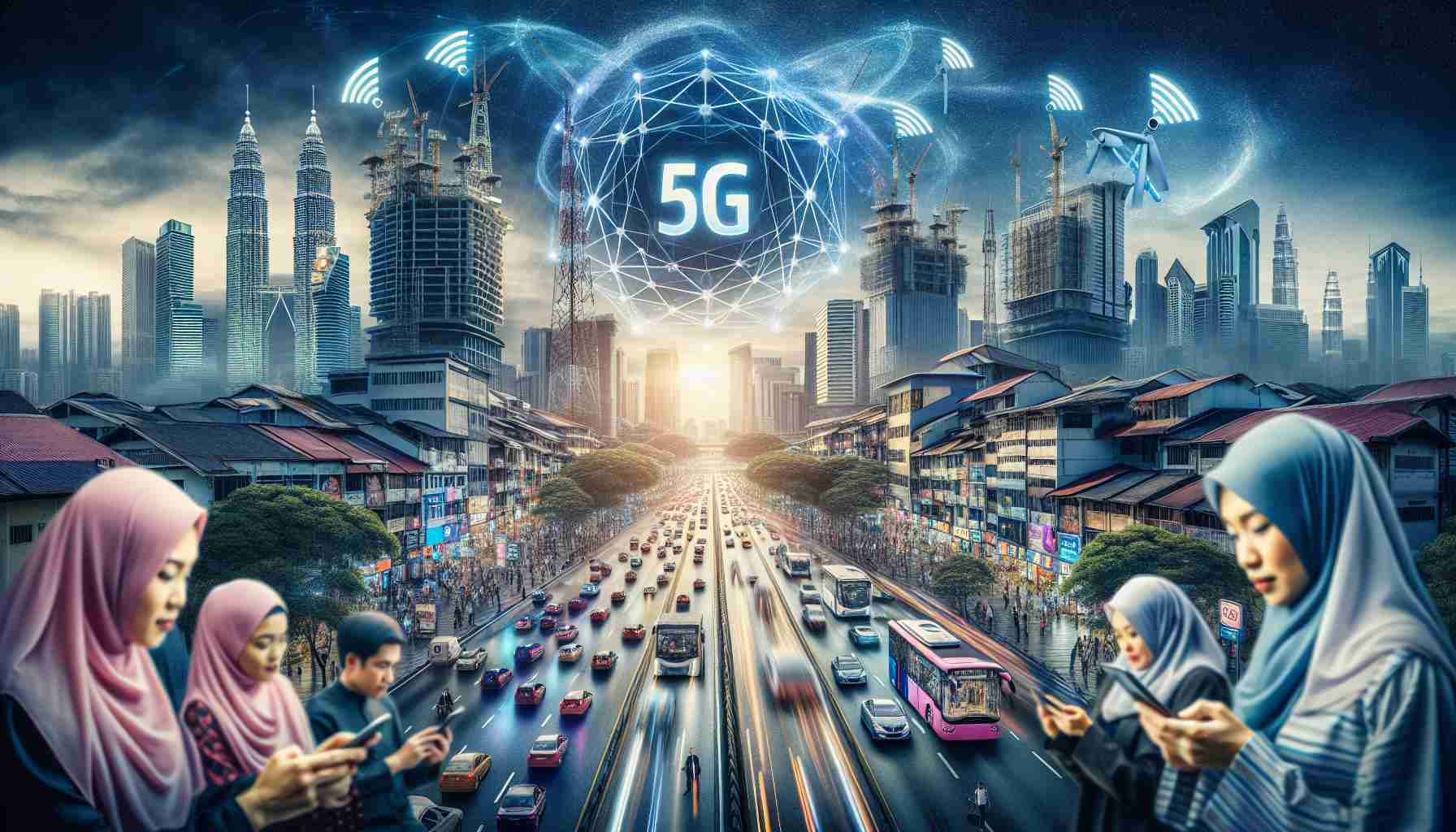In recent years, Malaysia has taken significant strides in 5G network development, positioning itself as a key player in the Southeast Asian tech landscape. With its commitment to deploying a robust 5G infrastructure, the nation is on the brink of transformative technological advancements that promise to reshape daily life, industries, and economic growth.
Telecommunications giants in Malaysia, including Digi, Maxis, and Celcom, are spearheading efforts to roll out 5G services. These companies are collaborating with international technology partners to ensure that their networks are not only fast but also secure and scalable. The introduction of 5G networks will drastically reduce latency and increase data transfer speeds, providing a major leap from current 4G capabilities.
One of the most anticipated benefits of Malaysia’s 5G network development is its potential impact on smartphone technology. With higher bandwidth and faster speeds, consumers can expect superior mobile experiences, from seamless streaming and gaming to enhanced virtual and augmented reality applications.
Moreover, the adoption of 5G is expected to drive innovation in various sectors, including healthcare, manufacturing, and transportation. For example, in healthcare, 5G will enable real-time remote surgery, while in manufacturing, it will facilitate smart factories with enhanced automation.
Despite these exciting prospects, the journey is not without challenges. Ensuring comprehensive network coverage, maintaining cost-effectiveness, and addressing cybersecurity concerns remain critical issues that stakeholders must address. Nonetheless, Malaysia’s commitment to embracing 5G technology heralds an exciting future that could revolutionize how Malaysians connect and interact with the world.
Is Malaysia’s 5G Surge Ushering in a New Era of Connectivity?
As Malaysia moves closer to widespread 5G adoption, there remain numerous implications and considerations that extend beyond what has been previously highlighted. But what new avenues does this technological leap unlock, and what challenges might it invite?
While the enhancement of smartphone capabilities is scheduled to take center stage, urban infrastructure stands on the cusp of a revolutionary makeover. Smart cities, powered by 5G, promise interconnected systems harnessing real-time data, enhancing urban planning, traffic management, and energy efficiency. Will our cities soon reflect the technological utopias depicted in science fiction?
Interestingly, the realm of agriculture also stands to benefit. Innovative farming techniques using IoT devices can provide instantaneous soil quality reports, weather updates, and crop condition analytics. This shift could revolutionize farming efficiency and food security, especially vital for rural communities.
Yet, despite the glittering prospects, there lurks a shadow of privacy concerns. With increased connectivity, the question of data privacy emerges prominently. How will Malaysia protect its citizens’ information in an era dominated by data exchange?
Moreover, the rollout involves substantial financial considerations. Critics argue that the cost of 5G deployment might disproportionately affect smaller businesses, which could be left struggling against more technologically equipped competitors. This raises the question: Will 5G exacerbate the digital divide?
While Malaysia’s journey to becoming a top tech hub continues, the road is laden with complex decisions. As stakeholders navigate these waters, global lessons from other early 5G adopters may offer valuable insights into construction of this new digital frontier.
For further context on emerging 5G implications worldwide, check out BBC and CNBC.























